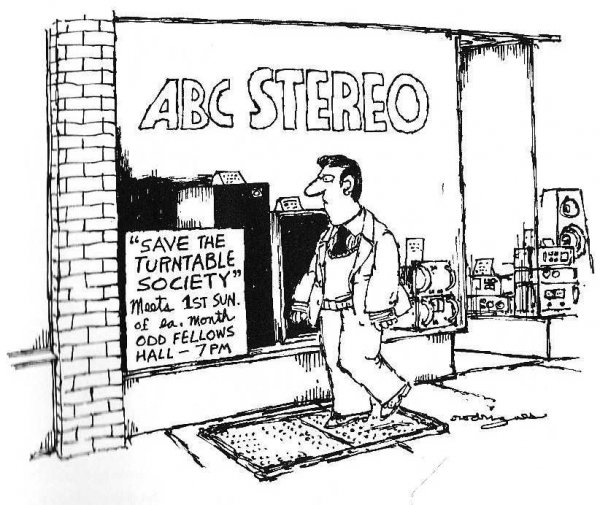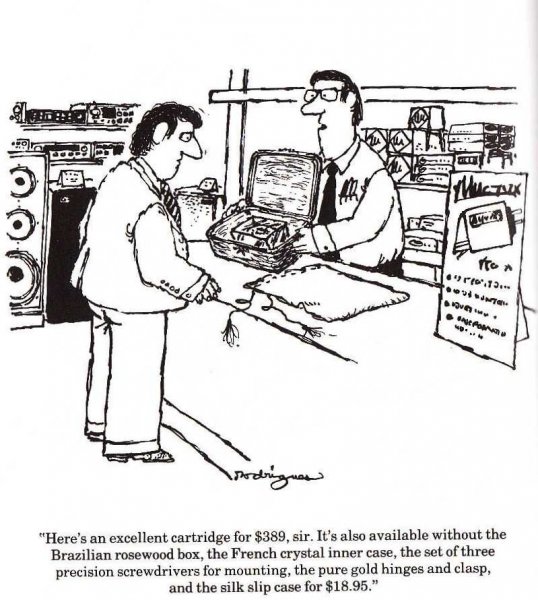It is not just superior measurements. It is superior fidelity that I like in digital. As I said with LP and to some extent tape, I am constantly drawn to their flaws when I hear them. Not so with digital. Its performance is solid and across the board. The authority of bass. The clean, absolutely clean high frequencies. No hiss. No groove noise. Nothing distracting from what the producer put in envelope.
I mean it would be awfully silly for a format that can demonstrate in every measurement to have vanishingly small distortions to actually not sound great or superior. It is logical that such pristine engineering performance translates into superlative listening experience. It absolutely does to my ear.
Amir, I think our discussions, those that are my responses to your threads, and your responses to my threads, get read but not understood. Ron suggested why this may be the case. You are indeed interested in fidelity to the master recording as the goal and it guides you in your decisions about audio.
I have a different goal and guide. I want what I hear through my own system to remind me of real music based on specific live references.
As such, we continue to think, write, and read past each other with little agreement or understanding of the other's point of view. It is not constructive for either of us, and I'm sure readers find it tiresome. I suggest that we agree to move on and to pursue this hobby in the way that it gives each of us the most enjoyment.








